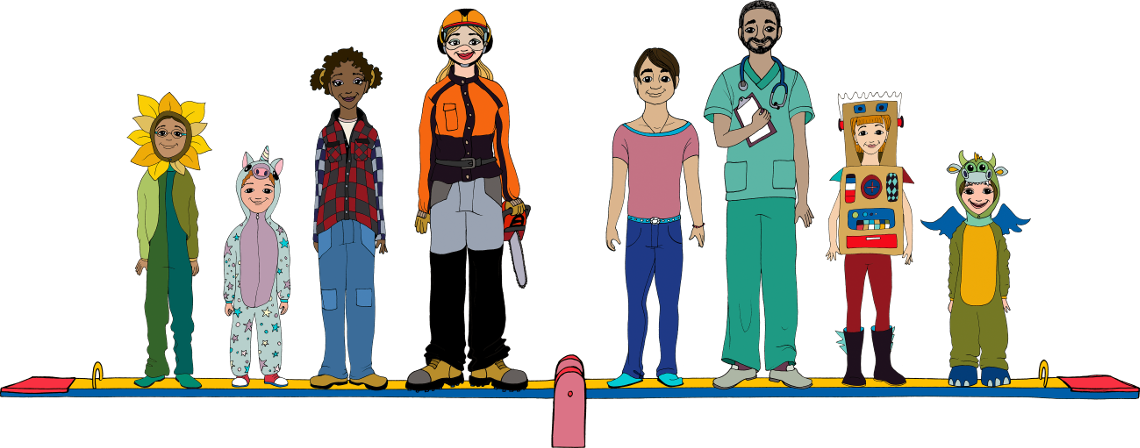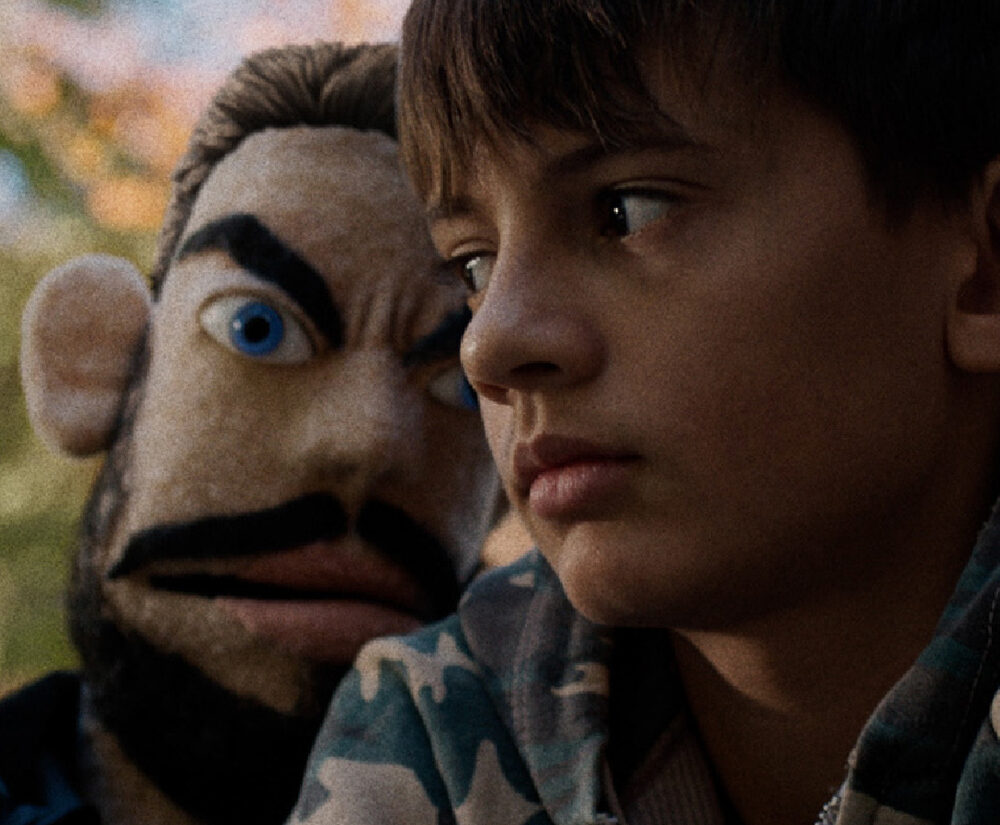Gender Stereotypes and Elementary School Mi’gmaw Children
Once they’ve started primary school, children already have a fairly advanced understanding of what it means to be a boy or a girl. In fact, by around 5 to 7 years of age, children understand that an individual’s sex remains constant in all circumstances and the same over time, and that it is defined by biology (Boyd and Bee, 2015).
General recommendations
This information page provides a number of general recommendations that you can integrate into your pedagogical practice to deconstruct gender stereotypes with primary school pupils. To help you target your actions, this sheet deals with seven different themes: interactions with children, proposed activities and models, reading and writing, sex education and hypersexualisation, actions on the part of the team, actions to take with parents and the community as well as self-reflection.
Les outils suggérés varient d'une langue à l'autre, ce qui veut dire que certains outils apparaissant en anglais ne sont pas disponibles en français et vice versa. Si vous souhaitez explorer les outils disponibles dans une autre langue, utilisez le sélecteur de langue dans le menu principal.
No post to display.


